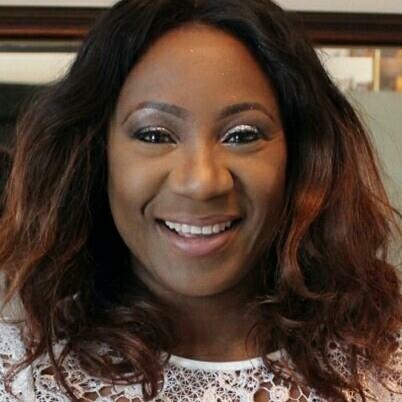
I thought it would be good to go back and provide some background information that would help shed some light on being African and British. As my direct experience is Nigerian I will use this most populated country in Africa as an example.
Dual cultural Identity
It is an interesting thing to be both Nigerian and British. Growing up, it became a mantra that said…I was special; I was neither Nigerian nor British.
As a voracious reader, I set out to learn about this land of my birth. I equally decided to discover other faraway lands. I read fairy tales: Han Christian Anderson to the Grimms Brothers, tales from India, China, Greek mythology, etc. If the Library had it, I consumed it.
I came to understood Britishness from the covers of books and TV. I consumed old reruns of programs like the Avengers, The Man from UNCLE, Randall and Hopkirk, but I did not much like Coronation Street (too much like real life, no glamour).
I read trashy romantic books by Barbara Cartland and numerous cook books that listed ingredients that I could not source locally and made me keen to start once I settled back in England.
Britishness
After university (my dad’s stipulation), armed with my ‘Britishness’, I came back to settle in London. I was determined to lose the Nigerian accent(never did!).
My first job was in a bakery with a disdainful African Caribbean man, who mocked my slow grasp of what customers required. It was tiring and came with low pay, but it was also great to have money to spend on nice clothes from the department stores.
I was disgusted at the way the owner cut corner by making us discard old sandwich fillings and putting in fresh ones but shrugged it off as I needed the money.
I was also shocked that my ‘Britishness’ was not recognised! I did not yet grasp the fact that in Britain, my race and gender defined me whilst in Nigeria, you were classed by wealth, education and gender. By the 80s the middle classes had dwindled to nothing so it was a choice between rich or poor with the poor hopelessly downtrodden.
Back in the 70s, most of the newly minted middle class Nigerians – engineers, accountants, lawyers, who came to settle back in their homeland survived or sank into obscurity and near poverty.
University degrees meant nothing in the acquisitive corruption and excess of the Nigerian government. The main survivors were those with innate sense of making and keeping money that had nothing to do with an English education.
Literature? What is that?
In England, my knowledge of Pride and Prejudice of William Shakespeare was not the most important preoccupation of the British working class, for they possessed their own ethics and culture that neatly excluded a 2nd generation African British.
A lot were more interested in talking about planned holidays in the sun, socialising in the the pubs, smoked incessantly and looked down on black immigrants. I realised I was neither middle class (by dint of where I lived) nor working class.
You don’t belong!
As for the bakery, I did not work too long there and found a part-time admin work and then decided (to my dad’s consternation) to become a writer. I pacified him by saying that if I did not have my work of fiction published within 5 years, I would go study something that would provide me with a steady income.
Although I had friends that came to settle in England around the same period and also made new ones, as time went on, it did not stop my sense of alienation. I keenly felt the chilly darkness of winter and a continuing rejection of who I was.
This was not a physical issue, for doctors, dentists, opticians, etc., took care of this under the ‘free’ National Health Service (NHS). It was more to do with Britain’s cold curiosity at how you could leave your home country to settle in hers.
As I tried again and again to describe the vibrancy and life that I left behind, the tight polite smile was always easy to read – If it was that good, then what are you doing here?


